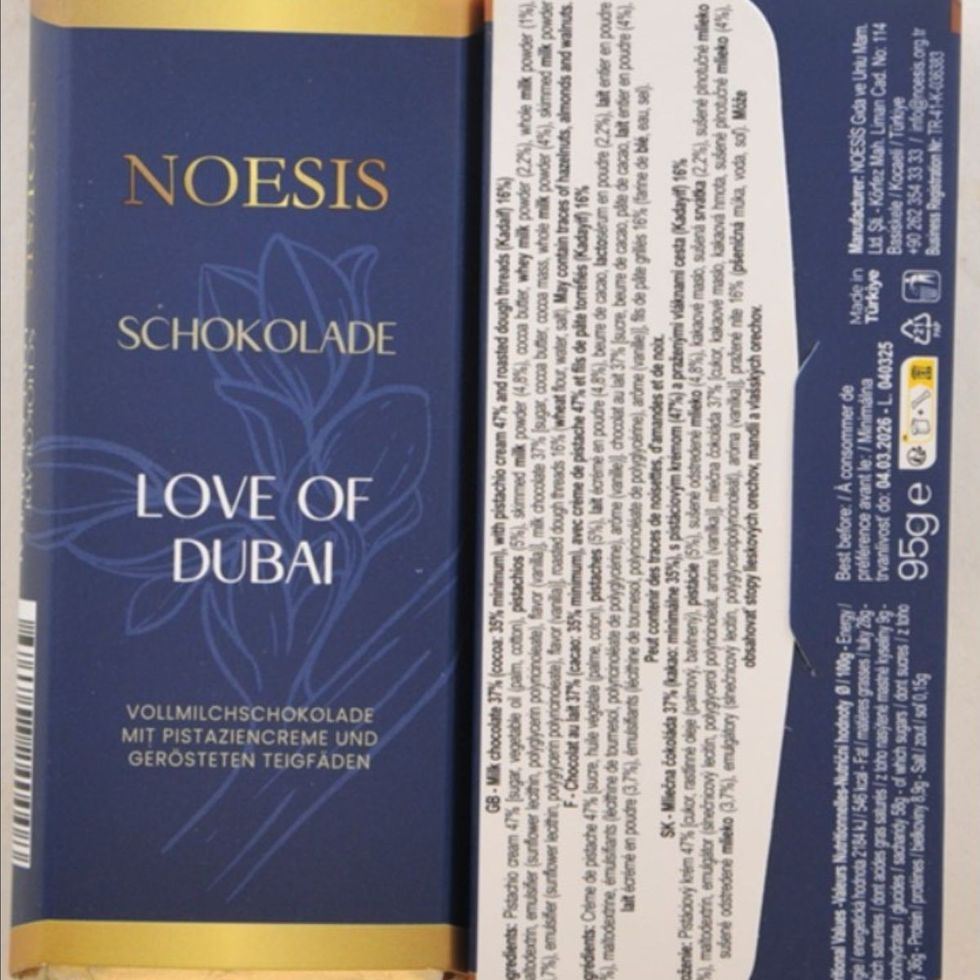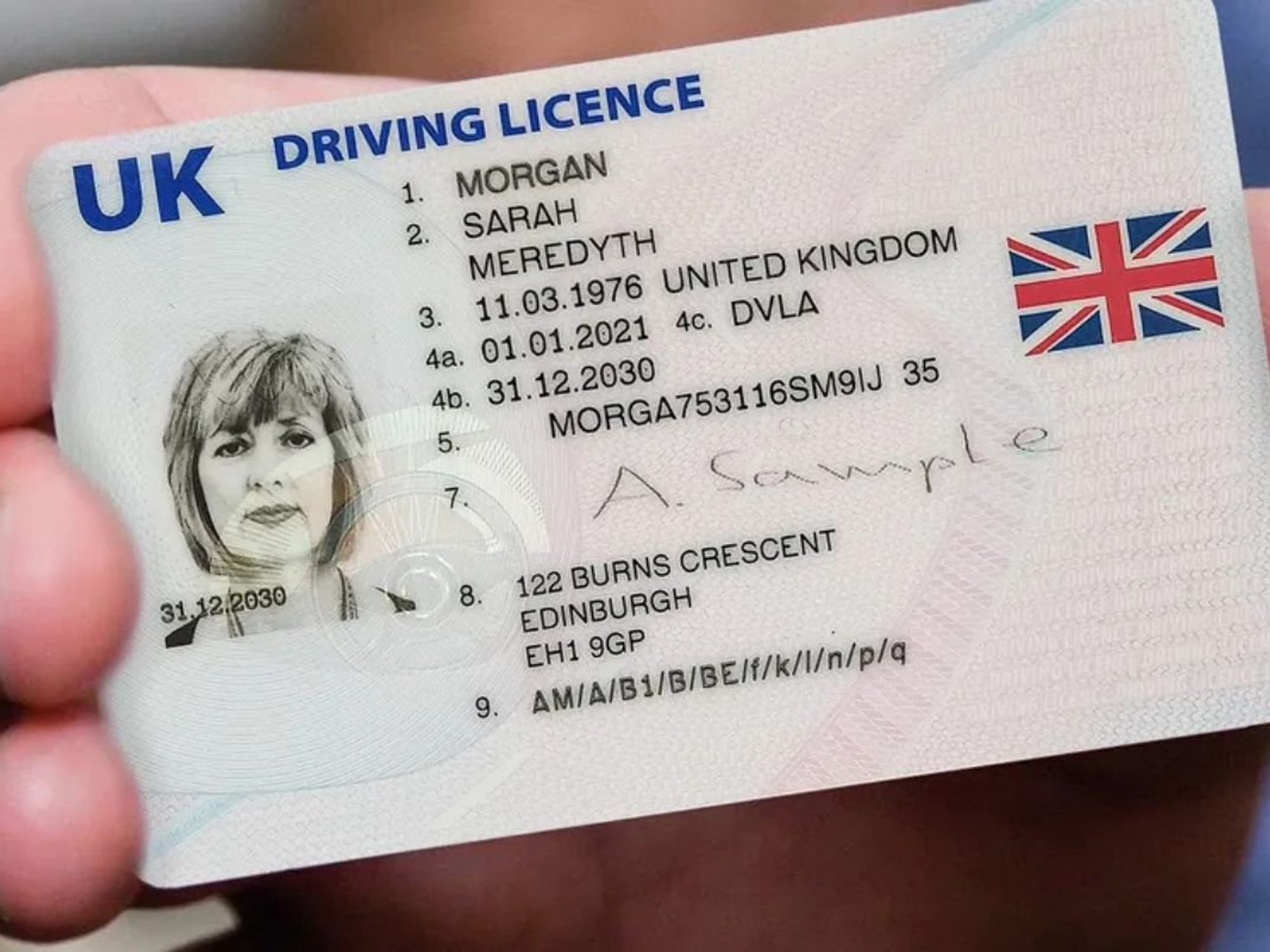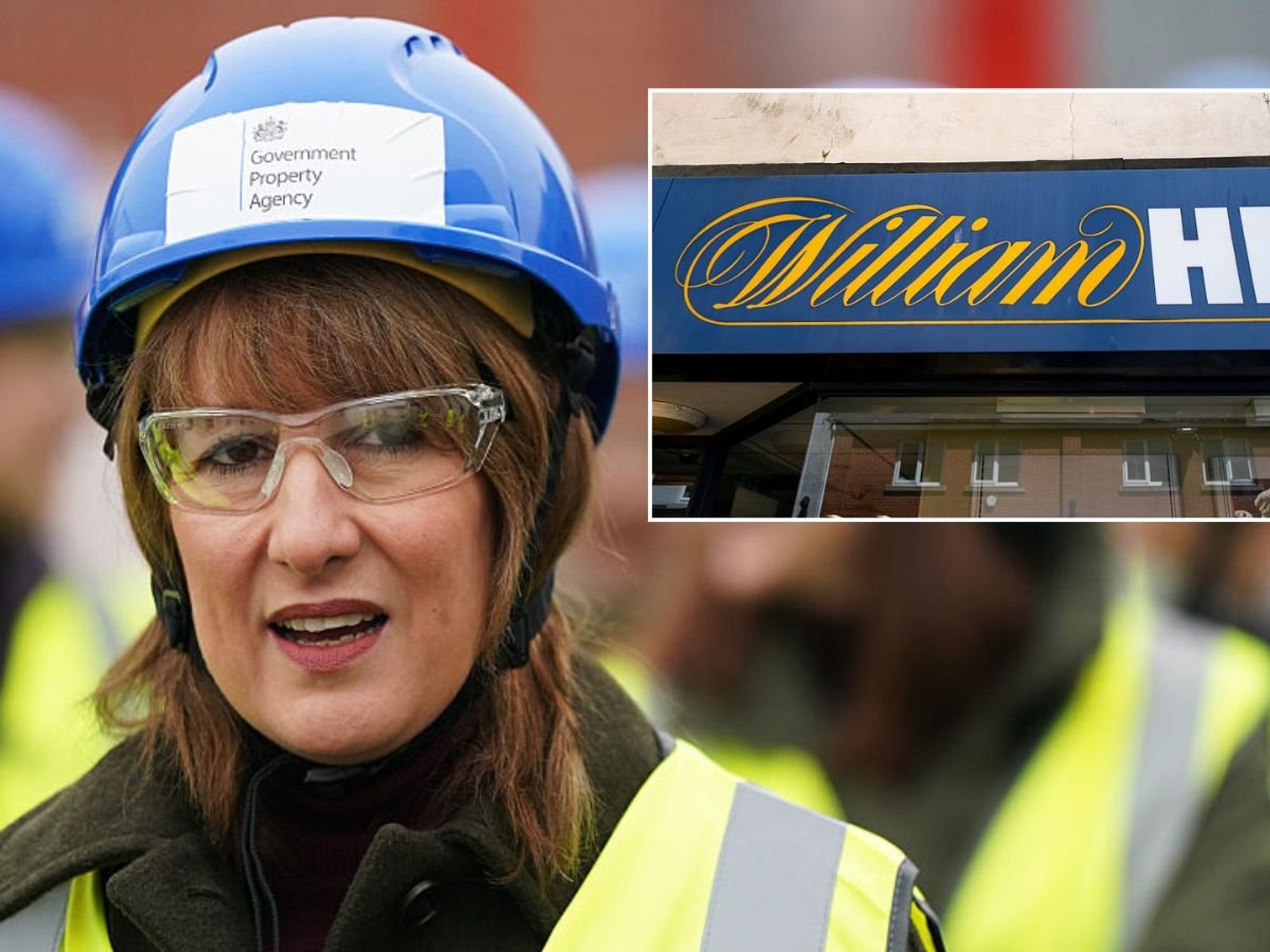Dubai chocolate sparks concern as bars pulled from shelves over safety fears - 'Can be life-threatening!'

Noesis Schokolade Love of Dubai Chocolate contains peanuts, which are not mentioned on the label
Don't Miss
Most Read
Latest
Just days after Aldi alerted shoppers to food safety concerns, a Government body has issued an advisory regarding chocolate sold in the UK.
The Food Standards Agency (FSA) has urgently warned shoppers about Noesis Schokolade Love of Dubai Chocolate, which contains undeclared peanuts that could pose "serious health risks" to allergy sufferers.
The agency has instructed food businesses across the UK to "immediately stop sales and undertake product withdrawals" due to the severe danger it presents to those with peanut allergies.
The affected product is sold in 95g packs, with all lot numbers and best before dates included in the alert.
Issuing a stark warning to shoppers, the FSA urged: "Don't buy this product, and if you have bought it, don't eat it, especially if you have a peanut allergy.
"Dispose of the product at home and get in touch with your local Trading Standards in Great Britain or Environmental Health Officers in Northern Ireland to let them know where you purchased it."
Officials emphasised that retail businesses must conduct full product recalls where sales have already occurred.
However, the recall process has been complicated by the supplier's unavailability. The FSA revealed that "businesses have been supplied these products by a company called Black Sea Trading Ltd, who have so far been uncontactable".

Dubai chocolate is the UK's latest food obsession (stock)
|GETTY IMAGES

'Don't buy this product, and if you have bought it, don't eat it, especially if you have a peanut allergy'
|FSA
This communication breakdown means that food safety action is required by the food businesses selling these products.
The FSA confirmed it is "working closely with relevant enforcement authorities to progress investigations and ensure affected products are withdrawn from the market and, where sold at retail, recalled".
The agency has also notified allergy organisations about the contamination issue to ensure vulnerable consumers are warned about the potential danger.
LATEST DEVELOPMENTS:

Food alerts should always be taken seriously to ensure shopper safety
| GETTY IMAGESSymptoms of a peanut allergy
Allergy UK stated: "Signs and symptoms usually occur within minutes of contact with peanuts, but can also occur up to one hour later.
"Most allergic reactions are mild, but they can also be moderate or severe. Anaphylaxis is the most severe form of allergic reaction, which can be life-threatening.
"Mild to moderate symptoms include an itchy mouth, tongue and throat; swelling of lips; around the eyes or face; a red, raised itchy rash (often called nettle rash, hives or urticaria); vomiting, nausea, abdominal pain and diarrhoea; runny nose, and sneezing."
As for anaphylaxis, experts noted that this should be treated as a "medical emergency".
Allergy UK advised: "If available, adrenaline should be given without delay and an ambulance called with the call operator informed that it is anaphylaxis."
Severe symptoms of anaphylaxis include swelling of the tongue and/or throat; difficulty in swallowing or speaking; change in voice (hoarse voice); wheeze (whistling noise) or persistent cough; difficult or noisy breathing; dizziness, collapse, loss of consciousness (due to a drop in blood pressure); and pale, floppy, sudden sleepiness in babies.
About product recalls and withdrawals
The FSA explained why food alerts, such as recalls and withdrawals, occur. While they are not too common, they must always be taken seriously to ensure shopper safety.
The Government body stated: "If there is a problem with a food product that means it should not be sold, then it might be 'withdrawn' (taken off the shelves) or 'recalled' (when customers are asked to return the product).
"The FSA issues Product Recall Information Notices to let consumers and local authorities know about problems associated with food. In some cases, a 'Food Alert for Action' is issued.
"This provides local authorities with details of specific action to be taken on behalf of consumers."
For the latest food alerts, visit the Food Standards Agency (FSA). For the latest product recalls and alerts, visit the Office for Product Safety and Standards (OPSS).
British shoppers were recently advised to take action after pastries were recalled across England and Wales.
The recall was initiated when undeclared hazelnuts were discovered in the product, posing a risk to anyone with a hazelnut (nut) allergy.











